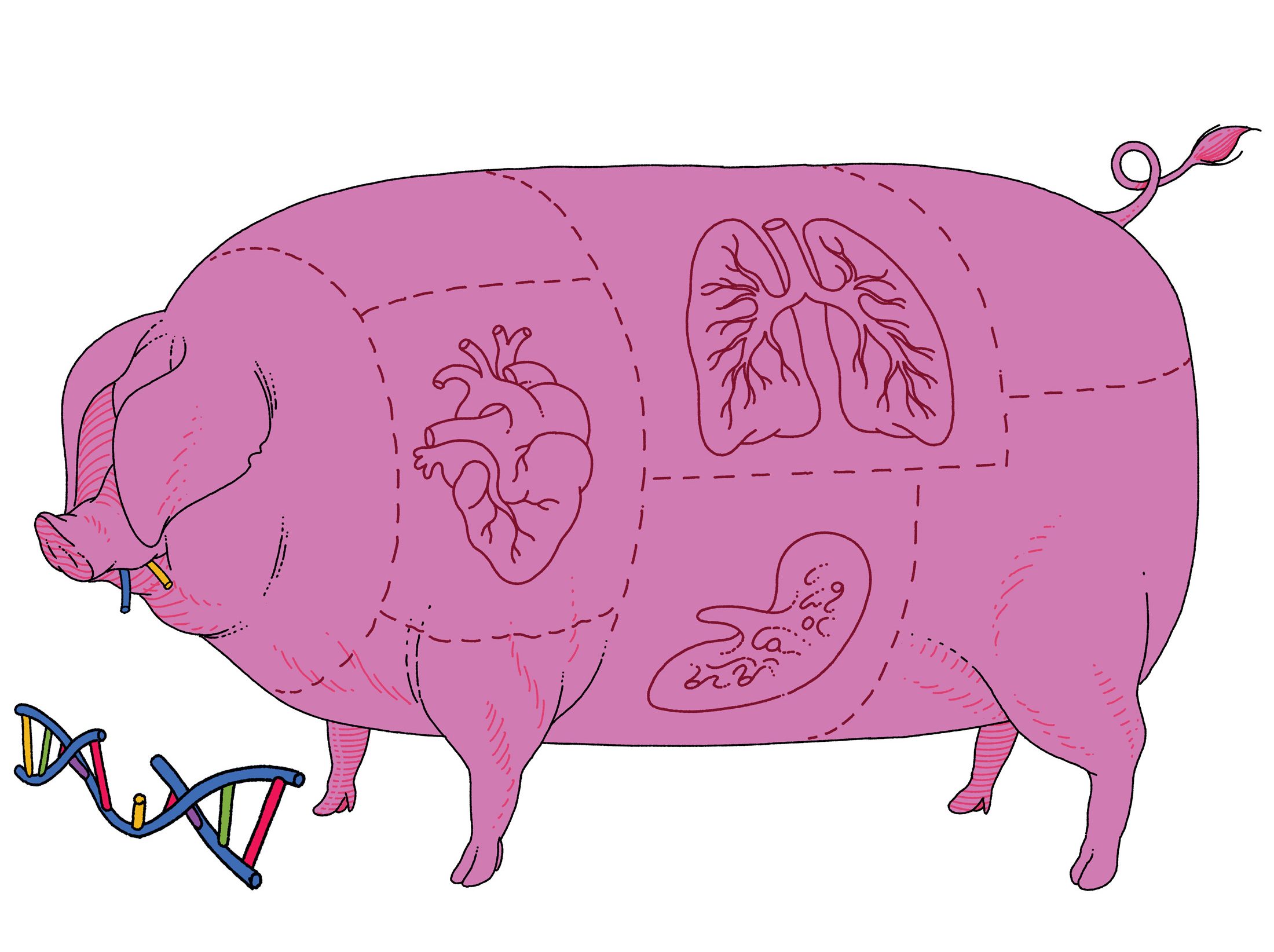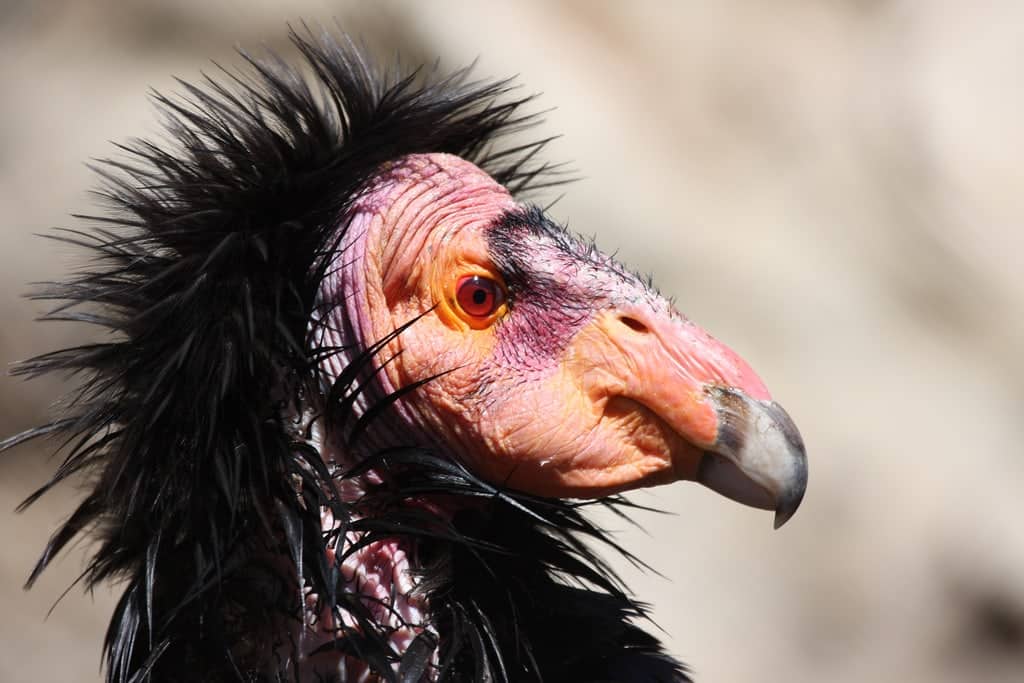Aase Ade-Akhani (9) || STAFF REPORTER
On October of 2021, The New York Times published an article detailing a the recent scientific breakthrough of transplanting a kidney grown in a genetically altered pig to a human and found that it worked normally. Although this was a significant leap in science and medicine in general regarding organ transplants, it raised the question of whether it is ethical to genetically modify animals for the sake of growing organs to then be transplanted into human.
On one side, there is a case to be made that transplanting animal organs to humans may one day yield a vast new supply of desperately needed organs that would save thousands, if not millions, of lives, as pigs and other animals that are genetically similar to humans could potentially be a nearly endless supply of kidneys and possibly hearts, lungs and livers.
On the other side, there is the case of whether it is alright for humans to be “playing God” and if it is acceptable to value an animal life below a human life just because they do not speak human languages and perceive things differently. There is also the question of the mental effects on humans, as an operation like this would ordinarily be trauma-inducing without the added fact of the transplanted organ originating from an animal rather than another human.
Personally, I cannot decide whether or not it is ethical to do this, as it is essentially giving a life to save a life and it is difficult to determine a right or wrong answer in this debate.



